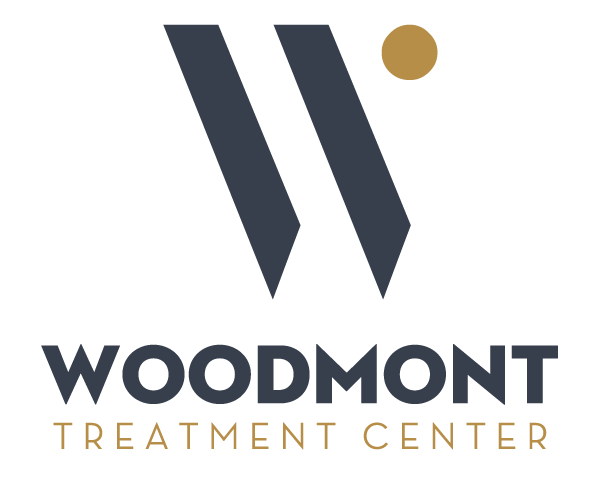When it comes to overcoming addiction, one size does not fit all. People have unique medical, psychological, and spiritual needs that are shaped by their experiences, beliefs, and values. For some individuals, incorporating their faith into the recovery process offers hope, purpose, and motivation during one of life’s greatest challenges. Faith-based rehabs cater to individuals who find strength in their spirituality, but how exactly do these programs differ from traditional rehab? And how do you determine which option is right for you or your loved one?
At Woodmont Treatment Center, we recognize that every individual’s recovery journey is deeply personal. We strive to match every individual with the resources that best align with their values and goals. In this article, we’ll explore the key differences between faith-based rehabs and traditional addiction treatment programs to help you make a more informed decision about your recovery path.
What Is a Faith-Based Rehab for Addiction?
Faith-based addiction rehabs are treatment programs that integrate spiritual practices and religious teachings with proven therapeutic methods to address addiction. These programs often cater to individuals who see their faith as a central part of their identity and wish to incorporate it into every step of their recovery.
Faith-based rehabs may be inspired by specific religions, such as Christianity, or have a broader spiritual focus. They aim to provide support not just for physical and psychological healing, but also for spiritual renewal. Key elements often include prayer, scripture study, worship services, and spiritual counseling alongside traditional addiction treatments, such as clinical therapy and detoxification.
How Do Faith-Based Rehabs Differ From Traditional Addiction Treatment?
While both traditional and faith-based rehabs aim to help individuals overcome substance use disorders, their approaches vary in philosophy, structure, and focus. Below, we’ll highlight the most significant differences.
1. Emphasis on Spiritual Healing
One of the most defining aspects of faith-based rehabs is their focus on spiritual healing. These programs often view addiction as not just a medical or psychological issue, but a spiritual one as well. They may emphasize developing or restoring a connection with a higher power as part of the healing process.
In contrast, traditional rehabs emphasize evidence-based approaches, focusing primarily on physical and emotional health through scientifically validated methods, such as Cognitive Behavioral Therapy (CBT), Dialectical Behavior Therapy (DBT), and medication-assisted treatment (MAT).
2. Incorporation of Religious Practices
Faith-based programs are deeply rooted in religious or spiritual practices. This may include:
- Prayer or meditation sessions
- Bible or scripture study
- Group worship or devotional services
- Spiritual counseling with clergy or faith leaders
Traditional addiction programs, on the other hand, steer away from religious practices and focus on secular or nondenominational approaches to recovery that can accommodate clients of all faiths or beliefs.
3. Focus on Community Support Through Shared Beliefs
Faith-based rehabs prioritize building a community of like-minded individuals who share similar values and beliefs. Participants often feel a sense of belonging among peers who connect on both spiritual and recovery-related levels. These shared beliefs can foster unique bonds, deepen group discussions, and provide an additional layer of accountability and encouragement.
Traditional rehabs, while fostering support among peers, typically draw from a more diverse pool of individuals. In secular programs, the focus of the community is on shared experiences with addiction, rather than shared beliefs.
4. Use of Scripture or Religious Texts
Faith-based rehabs often incorporate teachings from religious texts to encourage self-reflection, spiritual growth, and moral development during recovery. These teachings may be used to inspire hope, provide guidance, and promote forgiveness and grace—both for oneself and others.
In secular programs, while self-reflection remains an important component, it’s typically facilitated through nonreligious tools such as therapy, journaling, or mindfulness techniques.
5. Greater Emphasis on Surrender to a Higher Power
Faith-based rehabs frequently encourage surrendering one’s addiction to a higher power and seeking spiritual strength to overcome the struggles of addiction. Many faith-based programs align with the principles of 12-Step recovery programs, such as Alcoholics Anonymous (AA), which integrate spiritual surrender as a key aspect of recovery.
Traditional rehabs may also incorporate 12-Step programs, but they do so without requiring adherence to any specific religious or spiritual belief.
Do Faith-Based Rehabs and Traditional Rehabs Offer the Same Level of Care?
Both faith-based and traditional rehabs aim to provide comprehensive care, and the fundamental elements of addiction treatment—like detox, therapy, and aftercare planning—are typically present in both approaches. Faith-based programs combine these elements with spiritual teachings, while traditional rehabs rely solely on evidence-based methods.
Regardless of which program you choose, it’s important to ensure the facility is licensed and accredited and offers programs tailored to the individual’s unique needs. At Woodmont Treatment Center, we believe that the best programs address addiction holistically—encompassing the physical, emotional, and, when appropriate, spiritual aspects of recovery.
Who Should Consider a Faith-Based Rehab?
Faith-based rehabs are ideal for individuals who:
- Identify strongly with their faith or spiritual beliefs.
- Would find comfort in prayer, scripture studies, and spiritual activities.
- Feel disconnected from their spirituality and view its restoration as part of their recovery.
- Want a recovery process that aligns with their moral compass or religious values.
If you’re unsure whether a faith-based program is right for you, consider speaking with a treatment specialist who can help match your values and goals with the right recovery plan.
Is There Scientific Support for Faith-Based Rehabs?
Absolutely. Studies have shown that spirituality and faith can serve as protective factors in addiction recovery. The National Center for Biotechnology Information (NCBI) reports that individuals with strong religious or spiritual beliefs often experience better outcomes in addiction treatment, reduced cravings, and lower relapse rates (source). For many, faith provides a sense of purpose, hope, and community—all essential components of sustainable recovery.
Find the Right Recovery Path at Woodmont Treatment Center
At Woodmont Treatment Center, we’re here to support individuals at every step of their recovery journey, no matter their personal beliefs. We understand that recovery is not just about breaking free from physical addiction—it’s about healing emotionally, mentally, and spiritually. If you or someone you love is struggling with addiction, our comprehensive programs in New Jersey can help you reclaim your life.
Whether you’re looking for a secular or faith-based approach, contact us today to learn more about our programs and find the treatment plan that’s right for you. Call us now or fill out our confidential online form—the path to hope, recovery, and renewal starts here at Woodmont Treatment Center.


























